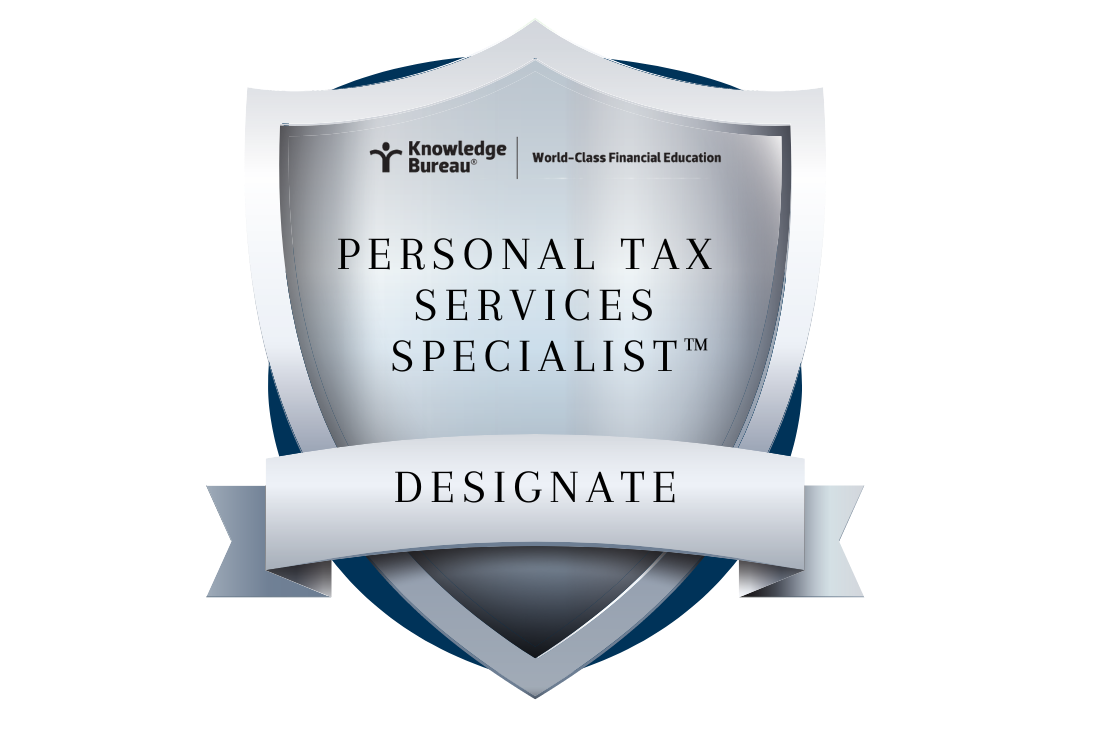Last updated: December 21 2022
Year End Tax Tip: Correct Old Tax Returns Before Year End

There might be gold in prior filed tax returns and cash-strapped Canadians may not know about this. You too can tap into CRA’s Taxpayer Relief Provisions when there are factors beyond the taxpayer’s control that resulted in penalties or interest charges or in cases where there were errors or omissions. In fact, CRA can issue refunds for up to 10 years and that means you should review your 2012 tax returns prior to December 31. What are common missed items?
Omitted Returns. Aside from missed refunds and benefits, failure to report valuable capital losses that can be used in future years - right up to the terminal return can be a very expensive miss. In addition, failure to file a return means you haven’t build RRSP contribution room for the year in question – and that can affect how much you save for your retirement.
Owing money to the CRA? Get on that right away and file at least the last three years first. Have a tax specialist help you with that to make sure you are indeed claiming all the tax deductions and credits owed to you. Then contact the CRA collections officer to make arrangements to pay if you are cash strapped.
Commonly missed deductions and credits. This includes: Child Care Expenses, Moving Expenses, Tuition Fee Transfers to Supporting Individuals, Medical Expenses, Disability Tax Credits, Charitable Donations – which can be carried forward 5 years. 
What’s Not Possible? It’s important to note that it’s not possible to adjust certain permissive deductions past 90 days on the date of the Notice of Assessment or Reassessment. This includes business or rental property deductions and Capital Cost Allowance deductions. For these reasons, it’s always critical to talk to your tax specialist about missed receipts promptly after receiving these important notices.
Beware and Be Ready. Anytime there is a prior file opening, it’s important to be aware that CRA can initiate an audit. Be sure you have all back-up documentation just in case. The good news? Should you receive a notice of reassessment, the opportunity to adjust permissive deductions may be back on the table.
Bottom Line: Filing tax efficiently is about getting the very result over a period of years; up to 10 years back under the Taxpayer Relief Provisions, and depending on the carry forward opportunities attached to various tax provisions you may be claiming – many years in the future.
Evelyn Jacks is Founder and President of Knowledge Bureau, holds the RWM™, MFA ™, MFA-P™ and DFA-Tax Services Specialist designations and is the best-selling author of 55 books on tax filing, planning and family wealth management. Follow her on twitter @evelynjacks.
